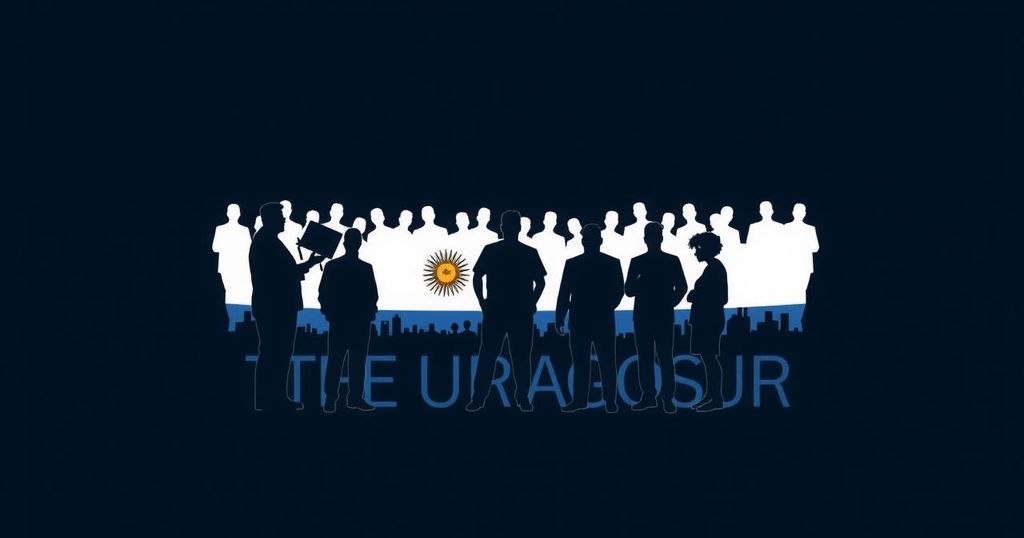Uruguay Commends Argentina’s New Approach to Mercosur Trade Negotiations
Uruguay has expressed strong approval of Argentina’s recent adjustment regarding the Mercosur trade bloc, highlighting the potential for enhanced negotiations among member states. This commendation follows a statement from Argentina’s Foreign Ministry, delivered by Foreign Minister Diana Mondino, indicating that President Javier Milei’s administration is receptive to adopting “new negotiation modalities”. This openness aims to facilitate progress in establishing agreements with external countries and trade blocs.
Uruguayan Foreign Minister Omar Paganini responded positively to these developments, asserting, “We are moving towards greater openness,” during remarks to the media in Montevideo. He emphasized that Mondino outlined Buenos Aires’ shift in a written statement at a meeting held in Uruguay’s capital, attended by other Mercosur representatives, including Mauro Vieira from Brazil, Rubén Ramírez from Paraguay, and Celinda Sosa from Bolivia.
Minister Mondino acknowledged the limitations Mercosur has faced in recent years, noting its inability to serve as a gateway to substantial external markets. She articulated that the high Common External Tariff has been a significant obstacle. In light of this, she proposed that member states willing to pursue market openings should be permitted to negotiate independently or in small groups. Additionally, she emphasized that environmental concerns should not create unjustified trade barriers.
The intent is to initiate negotiations under this new framework if no agreement is reached within two meetings of the Common Market Group, the executive body of Mercosur. Agreements made would remain open for other member nations to join later.
Uruguay, currently holding the rotating presidency of Mercosur until the year’s end, is hopeful that this newfound flexibility, which diverges from Brazil’s historical position, will be fruitful. Paganini remarked, “We must also encourage our partners to be more flexible, while actively pursuing international trade opportunities together.”
Moreover, Uruguayan President Luis Lacalle Pou has been an advocate for establishing a free trade agreement with China, initiating bilateral discussions with Beijing, a move that has introduced tensions within the bloc. Mercosur has faced challenges in finalizing its protracted agreement with the European Union, which has been under negotiation since 1999.
Paganini expressed cautious optimism regarding the revival of discussions with the European Union this week in Brasília, stating, “We hope for a favorable outcome, although our expectations are measured.” The EU-Mercosur pact, finalized in concept in 2019 but delayed, aims to abolish numerous tariffs, thereby creating a unified trading area encompassing 700 million consumers. However, resistance persists from certain European nations, especially France, whose agricultural sector fears heightened competition from South American markets.








Post Comment